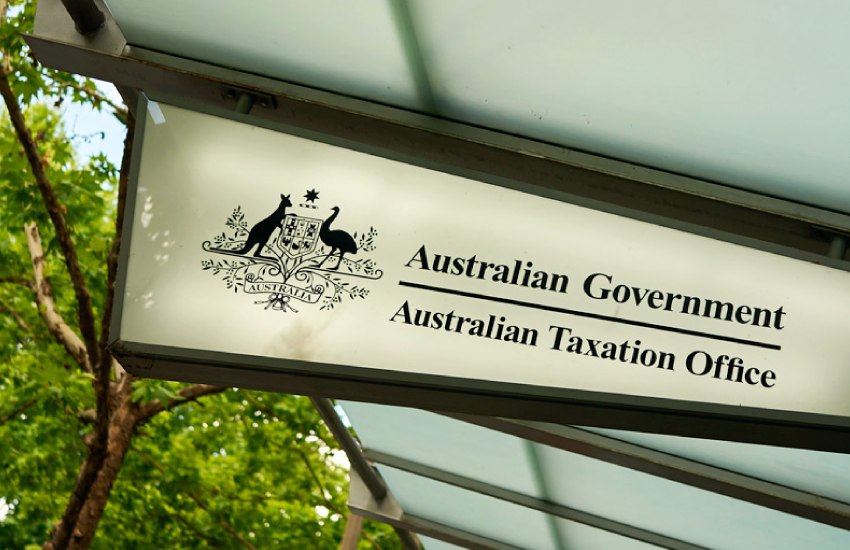The ATO has been working on new guidance following the suspension of the allocation of profits within professional firms’ guidelines and Everett Assignment web material as of 14 December 2017 after the Tax Office found that certain taxpayers were exhibiting high-risk factors not specifically addressed within the guidelines, including the use of related party financing and self-managed super funds.
Speaking to Accountants Daily, the Tax Institute’s senior tax counsel, Professor Robert Deutsch said that while the 2015 guidance on the issue should be maintained in the main, it has made a submission on the draft guidance, which includes tweaking the definition of professionals, commercial rationale, and high-risk factors.
You’re out of free articles for this month
“Our concerns have been around a number of issues including the definition of what is a professional, which historically has been limited to pretty much professional law and accounting firm, but now the tax office is wanting to make this a bit broader and it raises questions on how that is going to be defined in terms of the breadth of who this new ruling is going to be applicable to,” said Professor Deutsch.
“The other issue is what is going to be allowed in terms of high risk areas. One of the high risk areas is if an interest in a professional partnership is held by a superannuation fund, that’s where the Tax Office begins to have some concerns because there is an elevated level of tax planning involved.”
Professor Deutsch said that while the current draft guidance would work, there might be some problematic areas for practitioners and for the Tax Office in its enforcement of the arrangement.
Further, the need for new guidance highlights the need to stay within the bounds of a concessionary arrangement, says Professor Deutsch.
“This is a classic case of beneficial tax concessionary arrangement that has been abused by a limited number of taxpayers and the effect of that happening is the Tax Office for the moment stopping the use of the concessionary arrangement for everyone,” he said.
“Concessionary arrangements need to be treated with some respect and when taxpayers start to try and take more out of them by, for example, introducing a superannuation fund, that’s where it becomes at risk for everyone because the Tax Office suddenly looks at it and stops it for everyone because they don’t like what people are doing.
“They could have just said, ‘no more allocation of profits out of professional firms’, and that would be a very onerous outcome and not one they would have done lightly but in theory they could have and that would have been a disaster but fortunately they’ve come in with this idea of trying to recast the concessions so that people who are doing the right thing can still have it.”
jotham.lian@momentummedia.com.au
Jotham Lian
AUTHOR
Jotham Lian is the editor of Accountants Daily, the leading source of breaking news, analysis and insight for Australian accounting professionals.
Before joining the team in 2017, Jotham wrote for a range of national mastheads including the Sydney Morning Herald, and Channel NewsAsia.
You can email Jotham at:

 Login
Login







